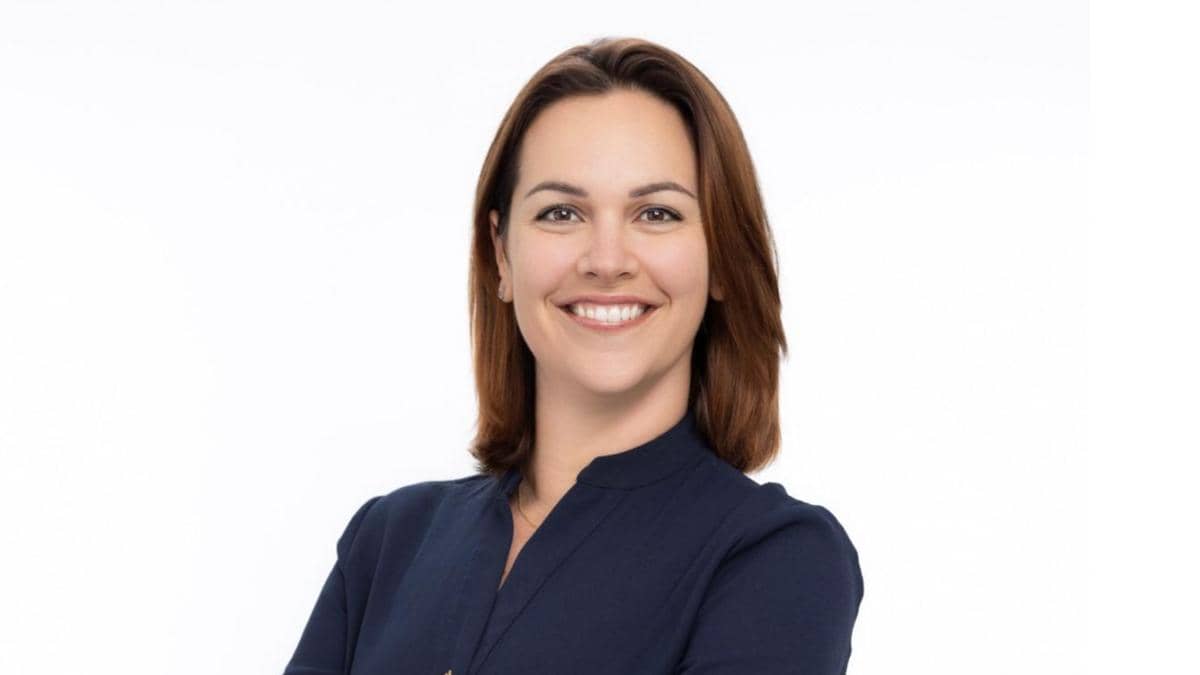Paulo Sá Luis from Bankinter is our Advisor of the Month

19 JUL, 2023
By Constanza Ramos
Since 2022 he has been playing the role of Investment Advisor in Bankinter's Private Banking, focusing on high net-worth individual (HNWI) clients. At the same time, he contributes to the monitoring and development of the segment's offer and supports the constant evolution of the Private business model.
The previous 20 years of experience in the financial market were traced at Santander, where he developed and consolidated the role of investment advisor in Private Banking.
Enthusiastic and with a strong vision of financial markets, different investment vehicles, and extensive experience in contact with private banking clients, he also accumulated relevant skills in the selection and management of investment funds portfolios and in the development of the institution's advisory model. Previously, he was responsible for the operations area of Derivatives and Structured products
His professional career began in promoting business activity when he joined the team responsible for managing the scheme of incentives of European community funds for micro-caps for the region of Lisbon.
He has a degree in Economics, from the University of Algarve, and he has, among others, a Post-Graduation in Markets and Financial Assets, from CEMAF/ISCTE. He also completed the training program for executives in Private Banking at the London School of Economics and Political Science.
When and how did you start your career in the financial sector?
I started in 2001, after working in the public sector, as part of the newly created support team for the derivatives and structured products at Santander. It was a period of strong development of this type of product, which was a huge challenge having its maximum exponent of stress when Lehman Brothers went bankrupt and the world had to deal with its consequences.
What does a typical workday look like for you? How do you organize your time?
Usually, I start my day early updating myself on the main markets and relevant news. After that and as a habit, I share a summary with the private bankers. The core of the day is dedicated to meetings with clients, portfolio analysis, and preparation/adaptation of investment proposals, in partnership with private bankers. When the pace of the day starts to slow down, I try to dedicate some time to delving into an investment idea, product or asset class to then decide with the head of the private banking segment on the best way to transmit it to the private bankers.
Which portfolio allocations are most interesting in the current market situation?
In terms of portfolio allocation, it always depends on the profile of each investor, but between 20% in the most conservative profiles and 75% in the most aggressive ones is the exposure to stocks most appropriate at this stage. Within this asset class, the emphasis goes to companies with a more growth profile, which allow capturing in the best way the disruptive trends facing the world economy.
On the fixed income side, the strategy is to keep investments in the short/medium range of the curve, taking advantage of the carry and avoiding for the time being an excessive duration risk.
Which sector do you consider particularly interesting at the moment?
At the sector level, the most positive view is for Technology (major American technology companies, with the capacity to generate free cash flows, but also some cybersecurity companies, payment methods, ...), Semiconductors (a sector that has already grown a lot this year, but which plays an important role in multiple important production chains e.g. AI), Energy Transition (theme of structural importance, due to the urgency of combating the climate impact, in a context in which the demand for energy is growing), Luxury (companies of luxury such as LVMH, but also luxury cars - a theme with structural growth due to the growing middle classes), Health Technology (a structural theme that benefits from the increase in average life expectancy and an aging population) and Defense (sector that benefits the expected increase in government investment due to the escalation of geopolitical tensions).
What advice would you give to someone who wants to pursue a career in the financial sector?
Being technologically capable was a competitive advantage when I started 25 years ago, today it's a question of survival. Therefore, it is necessary to master the main technological tools that are at our disposal.
Likewise, understanding how technology can affect the very functioning of markets is critical/imperative for anyone who intends to succeed/progress in this area. It is necessary to extract the best from it, without ever giving up a critical and analytical spirit that depends on solid technical knowledge. Finally, resilience and proper management of emotions, are associated with a posture of constant personal improvement and that of the organization where we are, always seeking to contribute to an environment of constant peaceful innovation. Always keep in mind “Tomorrow I have to do better than today”.
What was the biggest challenge you faced as an Investment Advisor at Bankinter Portugal?
Easy! The entire year of 2022 and that luckily or unluckily it was my debut year with the colors of Bankinter. 2022 was extremely difficult due to the end of the line of monetary policies developed since 2008 and that reached exponentially in response to Covid. The speed and dimension of the inversion provoked by galloping inflation did not allow the markets addicted to cheap money time to adjust to the new financial and economic conditions and as a result, they reacted in unison in virtually all asset classes with a very strong repricing. If in the case of equities, these corrections can even be considered normal in the fixed-income space the scenario was particularly complex as investors were not used to so much volatility.
Despite constantly adjusting portfolios, the truth is that the impact was very strong, and the most conservative clients found it difficult to understand and accept how their assets had such a sharp devaluation in such a short period of time. There was virtually no refuge in 2022 and this forced me to reflect on how to improve the ability of management and protection of investors.
When you have free time, what do you like to do?
I really enjoy playing sports and when I share those moments with my children it's even better. They're already young adults so it's always fun to have a healthy competition between experience and youthful energy. From basketball to swimming in open waters these are fun and relationship-strengthening moments. Traveling and listening to music, are other inevitable pleasures.


